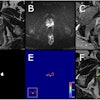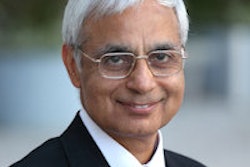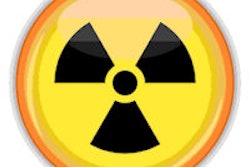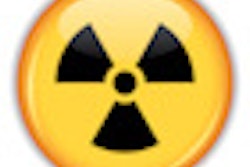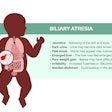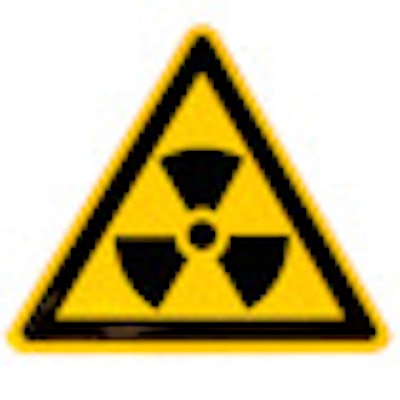
A global survey of 76 countries by the International Atomic Energy Agency (IAEA) has found that no nationwide program exists to track patient radiation exposure and only eight countries plan to create such an initiative, according to results published online on 27 July in the European Journal of Radiology.
Despite the current absence of such programs, the IAEA's first-of-its-kind poll found that 89% of respondents indicated a patient radiation exposure tracking program would be extremely or very useful. The survey shows what authors described as a "dramatic" increase in support for patient radiation tracking programs.
"Five years ago, there were few professionals willing to support such an initiative," noted lead author Madan Rehani, PhD, a radiation safety specialist from the IAEA's Radiation Protection of Patients Unit in Vienna. "Now, there is, as evidenced by the survey, a more pervasive interest."
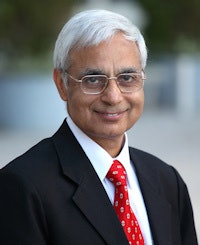 Madan Rehani, PhD, led the IAEA study.
Madan Rehani, PhD, led the IAEA study.
The researchers credited the escalating awareness to cases where some patients may have received as many as 10 CT scans or nuclear medicine procedures, "thus having received a few tens of mSv (millisieverts) of effective does and some patients exceeding 100 mSv."
The IAEA distributed the survey to institutions participating in medical exposure projects in 85 countries of the 151 IAEA members in March 2001. More than 70% of the questionnaires were returned within one month. Responses came from all six of the most populous countries and 16 of the 20 most populous nations.
The survey consisted of three sections, inquiring about precious or existing radiation tracking programs, the potential usefulness of such a program, and how familiar respondents were with IAEA's efforts relative to this issue. The IAEA received a total of 100 responses from 76 countries. More than one response came from 20 different countries. In cases of multiple responses from the same country, the IAEA integrated the answers into one report. The association also followed up by returning the questionnaires to respondents when the replies were unclear or ambiguous.
The IAEA's tally found a huge majority (99%) of countries expressed an interest in developing and promoting a patient radiation exposure tracking program. However, only eight countries (11%) are actively planning to create a program. Three nations (4%) have a program for tracking procedures only, but no program to record patient radiation dose. Those three countries are Czech Republic, Israel, and Malta.
8 countries planning to create a patient radiation exposure tracking program
- Belgium
- Bulgaria
- People's Republic of China
- Iran
- Italy
- Lebanon
- Slovakia
- U.S.
Source: International Atomic Energy Agency.
Three of the eight countries planning to establish a program stated they are looking to track medical radiation exposures and doses within the next two years, while three countries want to have the program in place within three to five years. The time frame for the other two countries was uncertain.
When asked about the goals for their program, all eight respondents cited quality assurance and quality improvement as their primary objective. Two replies mentioned policy development, while two other responses listed licensure/certification/regulation. Decision support for ordering examinations was cited by three countries and one nation listed population doses.
As for which types of exams or modalities would be tracked, six respondents listed computed radiography, digital radiography, mammography, diagnostic fluoroscopy, interventional fluoroscopy, and CT. Two of the six replies included conventional radiography/x-ray and hybrid imaging (SPECT/CT and PET/CT) in their list, while one questionnaire added nuclear medicine and one survey included PET.
Six of the eight planned programs will track examinations for an individual patient, such as multiple CT scans for the same patient.
Types of exams
A total of seven respondents answered the question about what information will be recorded. Six countries plan to tally the number and types of examinations and procedures. All seven replies cited radiation dosimetric information, such as dose and length, while two nations will include information about a specific site performing an examination or procedure.
All 76 respondents said such a program would be beneficial. There were 22 respondents (29%) who described the program as "extremely useful," 46 nations (60%) considered it "very useful," and eight countries (11%) rated a radiation exposure tracking program as "moderately useful." There were no replies in the "mildly useful" or "not useful" categories.
Two countries are planning to roll out their program across the nation while three programs will be conducted on a regional basis. Two programs will be confined to one institution. One country described its planned program as "international."
The respondents also expressed great interest in using IAEA's help to establish a radiation tracking program. There were 59 of 76 countries (77%) that would take advantage of IAEA resources to begin the initiative. There were 12 nations (16%) that reported no need for additional funds, but expressed an interest in technical collaboration with the IAEA. There were five respondents (7%) who reported no interest in IAEA resources.
